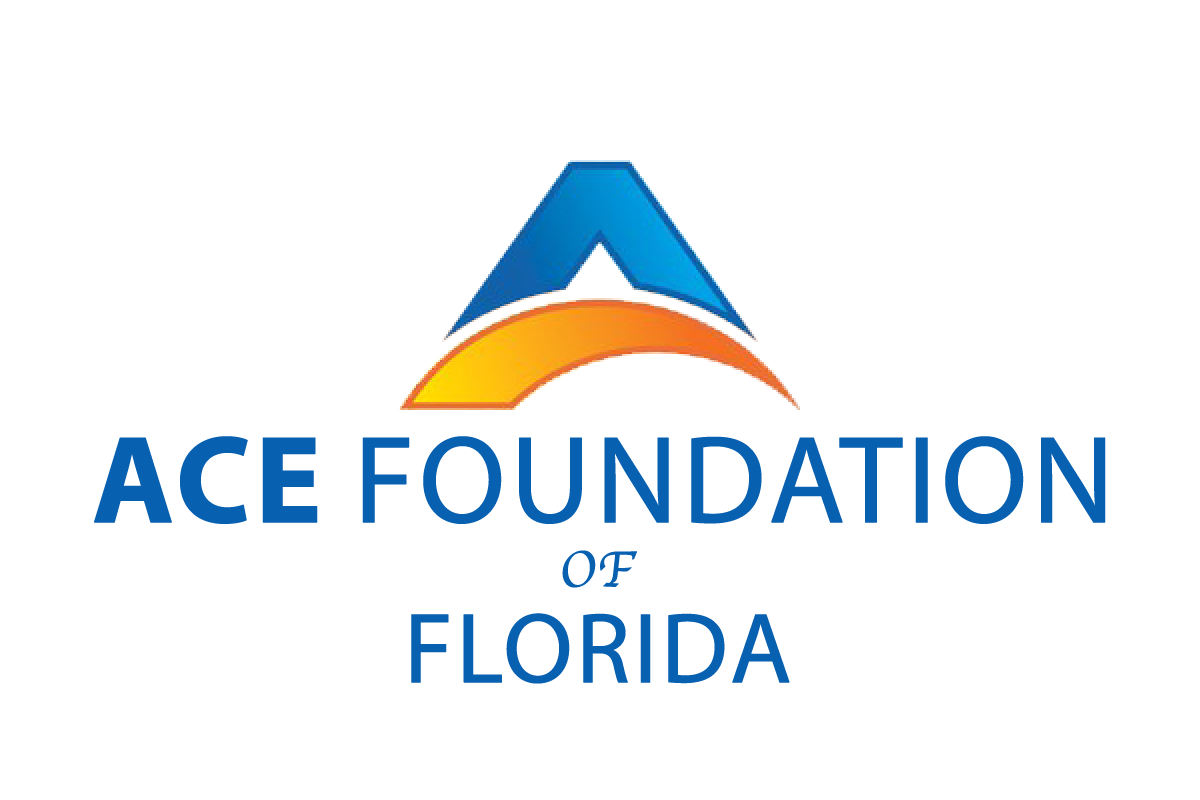What are the Early Signs of HIV in Men and Women?
Understanding HIV and Its Importance
Human Immunodeficiency Virus, more commonly known as HIV, is a potent virus that targets the immune system, primarily the CD4 cells or T cells. These cells are essential for warding off infections, so when they are compromised, the body becomes susceptible to a wide array of diseases. Left untreated, HIV can lead to AIDS (Acquired Immunodeficiency Syndrome), a serious, potentially life-threatening condition.
The implications of an HIV infection are far-reaching, affecting both individual health and public health. Recognizing early signs of HIV in men and women is critical for seeking early treatment, effectively managing the disease, and curtailing its spread. In this comprehensive guide, we aim to shed light on these early signs, delve into the stages of HIV infection, and stress the vital importance of early detection and testing.
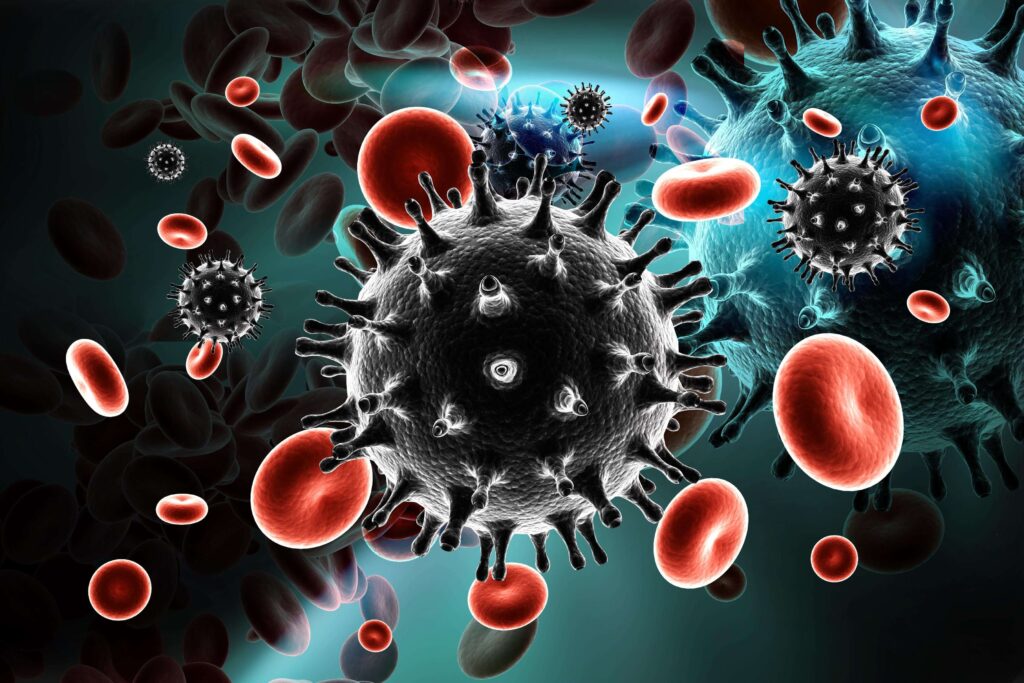
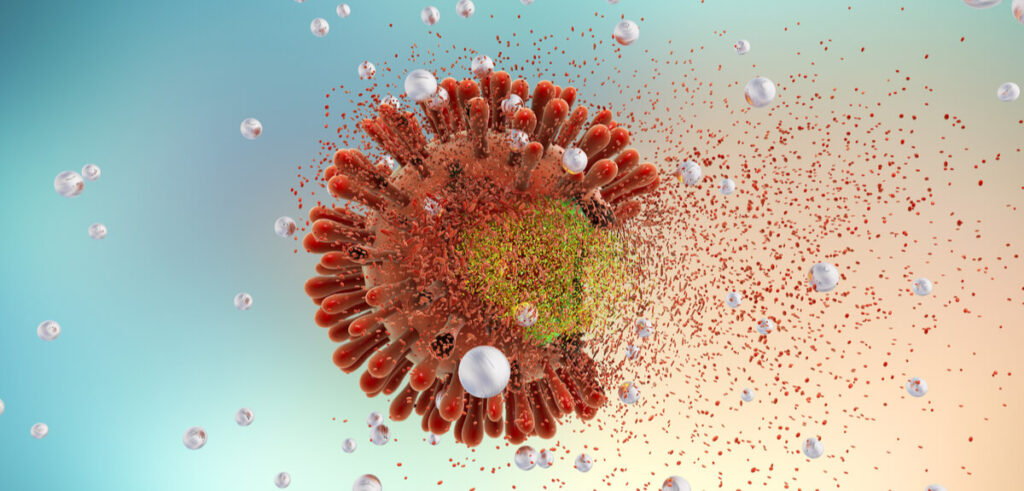
What is HIV? A Brief Overview
HIV, a type of retrovirus, is known for its destructive impact on the immune system. By damaging the immune cells, it hinders the body’s natural defense mechanisms against infections and diseases. When HIV has progressed to the point where the immune system is severely compromised, it leads to AIDS, a condition characterized by a plethora of potentially life-threatening infections and illnesses.
There’s currently no definitive cure for HIV, but that doesn’t spell an end to a healthy, productive life. With the right treatment regimen, appropriate care, and a supportive network, individuals with HIV can lead fulfilling lives. Key to this, however, is early detection, making understanding of symptoms of utmost importance.
Early HIV Symptoms
The early phase after acquiring HIV infection can be asymptomatic or present flu-like symptoms in men. These may include fever, sore throat, fatigue, swollen lymph nodes, and a rash. These symptoms reflect the body’s natural response to the HIV infection and usually occur 2 to 4 weeks after the initial infection.
Like men, women may also experience the same early symptoms. In some cases, women may observe changes in their menstrual cycle, including heavier or lighter bleeding. However, these symptoms are not exclusive to HIV and can be indicative of other health issues. Therefore, if you’ve encountered any risk factor for HIV and are experiencing these symptoms, you should consider getting an HIV test.
Stages of HIV Infection
The initial stage of HIV, acute HIV infection, commences as the body produces antibodies to combat the virus. During this stage, the virus proliferates rapidly, increasing the likelihood of spreading it to others. Flu-like symptoms may occur, making it easy to mistake for another illness.
Following the acute phase, the virus continues to reproduce but at significantly lower levels. This stage, the clinical latent infection or chronic HIV, may be symptom-free, and for some, it can persist for a decade or longer without treatment. However, the virus is still active and can be transmitted to others.
In this stage, the immune system has suffered significant damage, and the individual may start experiencing chronic symptoms and mild infections. These may include fatigue, weight loss, diarrhea, and coughing. Left untreated, this stage can progress to AIDS.
How Does HIV Become AIDS?
AIDS is the advanced stage of HIV infection and manifests when the immune system is critically damaged, rendering it unable to fend off infections and diseases. Without timely treatment, individuals with AIDS typically have a life expectancy of about three years. The good news is that with appropriate medical intervention, HIV can be controlled and progression to AIDS can be prevented or significantly delayed.
The Impact of HIV on the Body
The HIV virus, by undermining the immune system, leaves the body vulnerable to numerous diseases. HIV specifically targets CD4 cells, crucial players in the immune response. As the HIV infection progresses, the quantity of these cells diminishes, making the body increasingly susceptible to infections, diseases, and certain types of cancers.
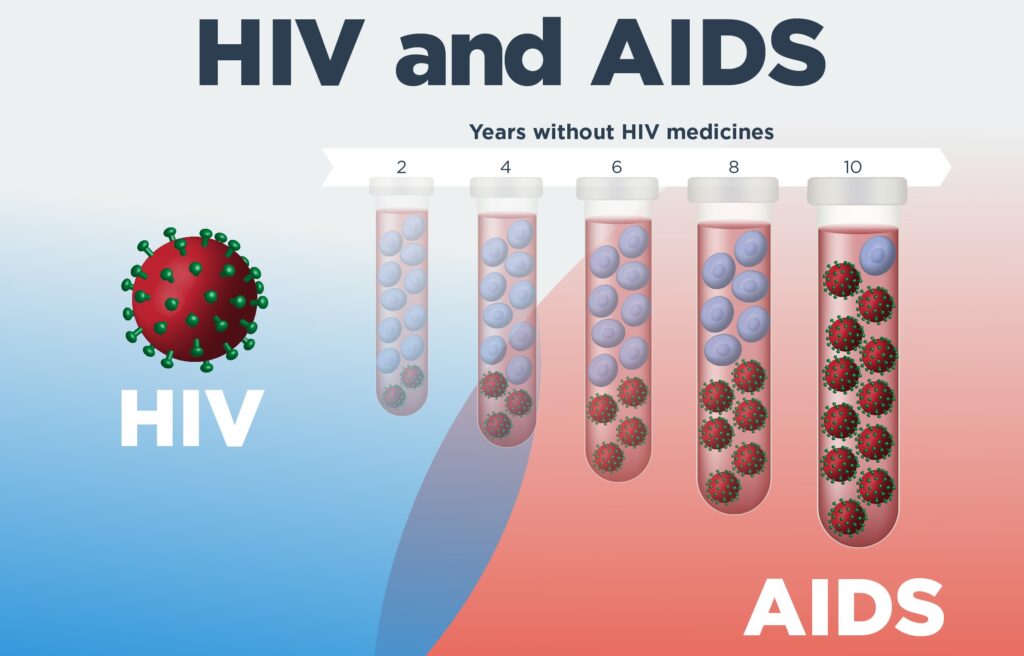
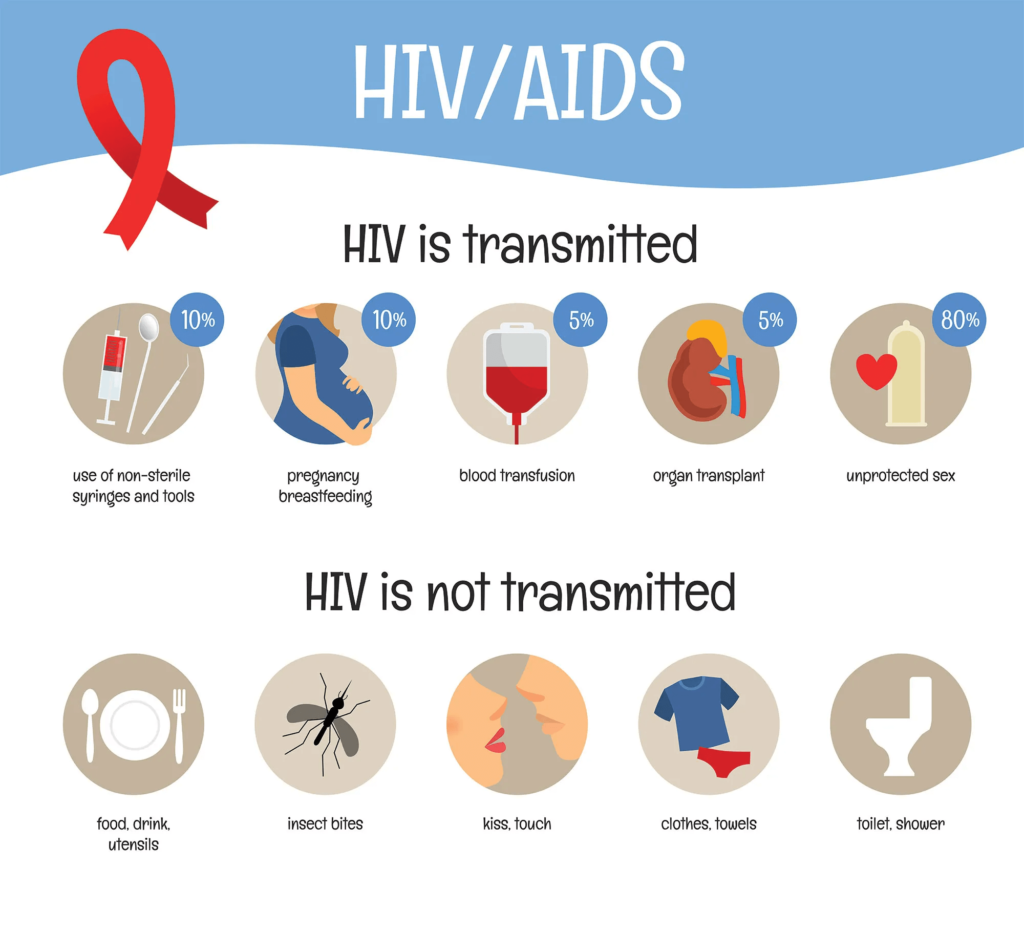
How HIV Spreads
HIV is transmitted through contact with certain body fluids from an HIV-positive person, including blood, semen, vaginal and rectal fluids, and breast milk. The primary modes of transmission are unprotected sexual contact with an infected person, sharing drug injection equipment, and mother-to-child transmission during childbirth or breastfeeding. HIV doesn’t survive long outside the human body, so it’s not transmitted through everyday casual contact.
Preventing HIV: Safe Practices
There are several ways to prevent HIV transmission. These include practicing safer sex through the use of condoms, never sharing drug injection equipment, and considering pre-exposure prophylaxis (PrEP) if you’re at high risk for HIV. For those already living with HIV, commencing treatment as early as possible helps to maintain a healthy immune system and prevent transmission to others.
The Importance of Early Detection in HIV Management
Detecting HIV early is crucial both for the health of the individual and for preventing the spread of the virus to others. Starting antiretroviral therapy (ART) early can slow the virus’s progress, prevent it from advancing to AIDS, and limit the damage to the immune system. Further, it also lowers the chance of transmitting the virus to others.
HIV Testing: Types and Process
HIV testing is the only sure way to know if you’ve contracted the virus. Testing typically involves a simple blood or saliva test to detect antibodies to HIV or the virus itself. Depending on the type of test used, results may be available within a few minutes (rapid test) or may require a few days (standard blood test).
Our Offer: Free HIV Testing Service
In our commitment to making HIV testing accessible to all, our nonprofit organization offers free HIV testing services. Knowing your HIV status is an important step in preventing the spread of the disease and getting the necessary care if you’re HIV-positive. You can easily avail yourself of this free service by filling out the contact form on this page.
FAQs
HIV stands for Human Immunodeficiency Virus. It is a virus that attacks the immune system, specifically the CD4 cells (T cells), which help the body fight off infections. If left untreated, HIV can lead to the disease AIDS (Acquired Immunodeficiency Syndrome).
HIV is primarily transmitted through sexual contact, sharing needles or syringes with someone who has HIV, receiving contaminated blood products or organ transplants, and from mother to child during childbirth or breastfeeding. It is not spread through casual contact, like shaking hands or hugging.
An HIV test is a blood test that detects the presence of HIV antibodies or the virus itself in the bloodstream. Testing is crucial for early diagnosis and treatment.
It is recommended to get tested for HIV if you’ve engaged in unprotected sex, shared needles, received a blood transfusion before 1985, or if you’re pregnant. Additionally, regular testing is recommended for those with multiple sexual partners or who engage in high-risk behaviors.
HIV tests are highly accurate, but accuracy can vary depending on the type of test and the time since exposure. Modern tests have high sensitivity and specificity, reducing the likelihood of false results.
The window period is the time between potential exposure to HIV and the point when an HIV test can accurately detect the infection. It usually takes 2-6 weeks for antibodies to be detectable in the blood. Nucleic acid tests (NAT) can detect the virus earlier, within a few days to a couple of weeks after exposure.
A positive HIV test result indicates that the virus is present in your body. It’s important to seek medical care and start antiretroviral therapy (ART) as soon as possible to manage the infection and maintain good health.
Living with HIV: Support and Resources
A diagnosis of HIV can seem overwhelming, but you are not alone. There is a host of resources and support networks that can provide assistance, comfort, and helpful information for effectively managing the disease. This section will provide information about these resources to aid those living with HIV and their loved ones.
Conclusion: Knowledge, Prevention, and Early Detection
Knowledge is the first and most critical step in combating HIV. By understanding how HIV presents itself, how it progresses, and how it can be managed, we can keep ourselves and those around us safer. Early detection is the key to effectively managing HIV and leading a healthy, fulfilling life. We encourage everyone to get tested and know their status. If you have any doubts about your HIV status, take advantage of our free HIV testing service.
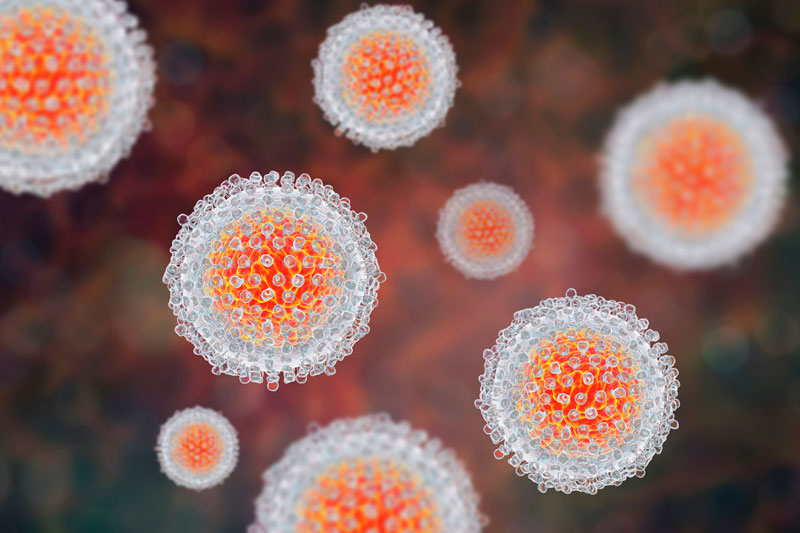
Contact Us for Free HIV Testing or For More Information
If you need more information about HIV or are interested in accessing our free HIV testing service, please contact us via the form on this page. Let’s join hands to fight HIV through education, prevention, and early detection.
